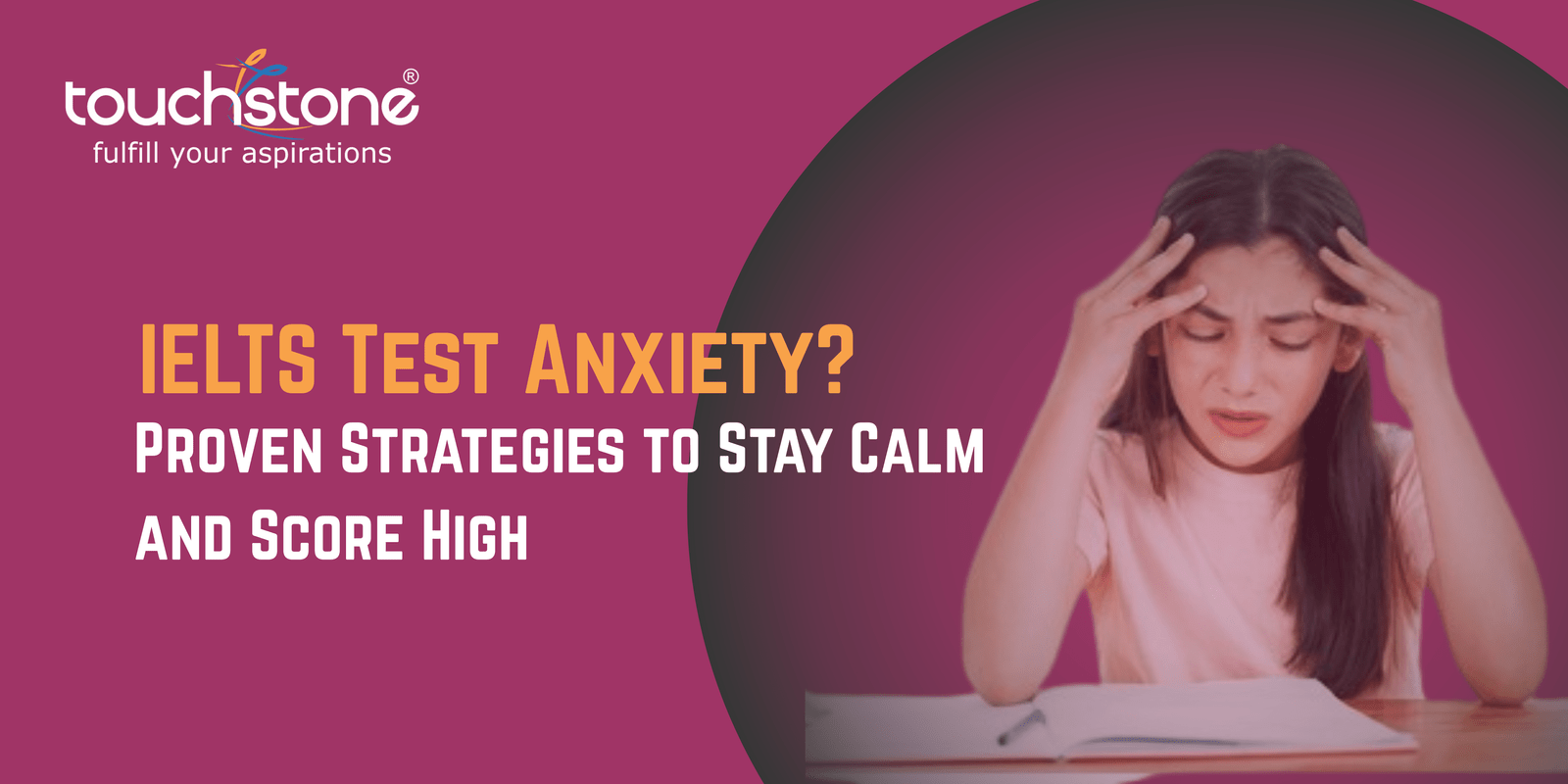Indian students are known all over the world for their skills and high IQ. People of Indian origin form a major part of the highly skilled workforce in Medical , space research, information technology and scientific research & development sectors of the developed countries. Innumerable Indian students go abroad to pursue higher education. The blend of Indian brains and education options available in developed nations form a formidable combination.
Study Abroad Options
The best countries to consider as study abroad options are Canada, Australia, New Zealand, England and U.S.A. These countries have some of the world’s best colleges and universities. These 5 countries are among the safest and best countries to live. After completion of studies these countries offer a plethora of career options and provide opportunities to students to earn while they learn. Students who attain Degrees and certifications from educational institutions in the developed countries are highly respected and valued around the world.
Best Study abroad consultant in India
Along with being the best IELTS training institute in India Touchstone Educationals also has tie ups with over 100 Universities and colleges across Canada, Australia, New Zealand and U.S.A. Visa counseling and filing process of Touchstone Educationals is impeccable and best in the industry. All visa counsellors of Touchstone Educationals have been trained and certified by Education New Zealand (E.N.Z) and Touchstone Educationals is a member of the following international collaborations
- Association of Australian Education Representatives in India (A.A.E.R.I).
- Association of International Educators (N.A.F.S.A).
- Canadian Indian Education Council (C.I.E.C).
Touchstone Educationals organises 3 Student Visa Fares open to general public annually at the best available hotels across all major cities of Punjab.
In these fares delegates from foreign universities and colleges are invited so that students can connect with them directly and become aware of all available options as per their skill, budget and aspirations. Such fares and seminars are a routine for Touchstone Students in their respective campuses.








